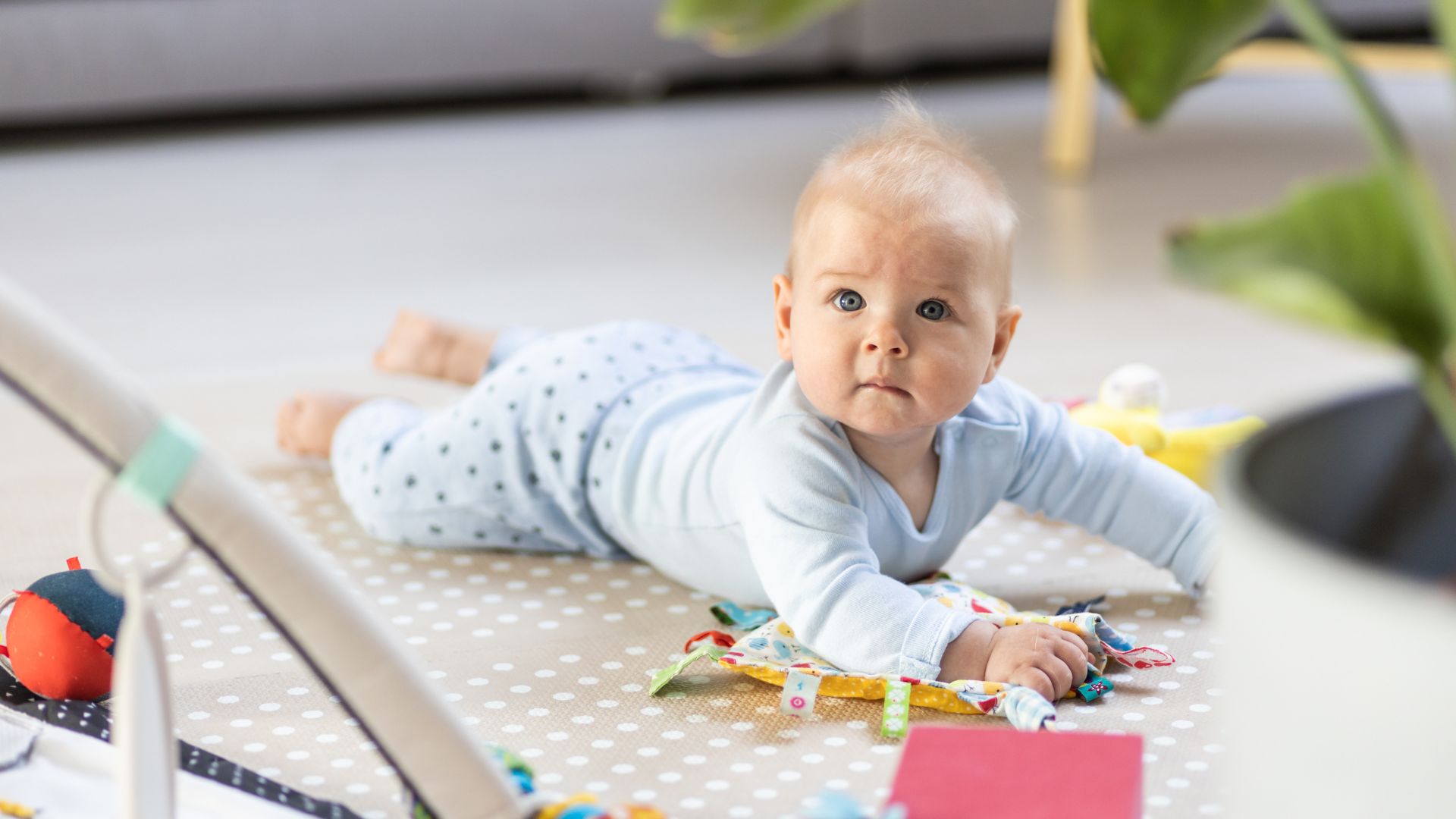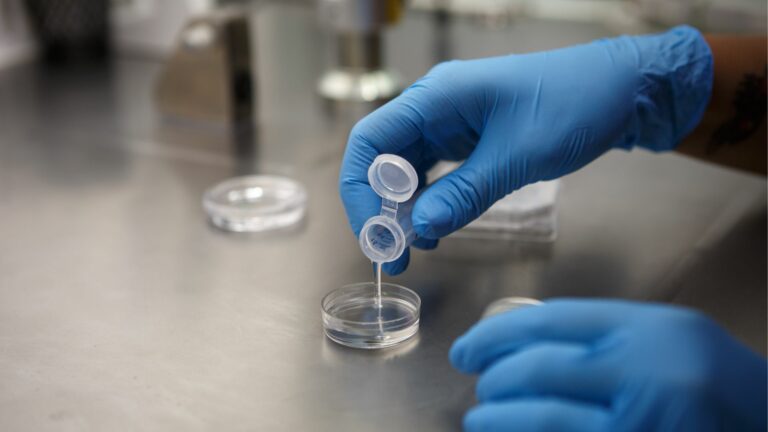
In-vitro fertilization (IVF) has helped countless couples facing infertility realize their dreams of parenthood.
As IVF becomes more common, parents often wonder if there are any differences in the developmental milestones of IVF babies compared to naturally conceived children.
Let’s dive into the research and considerations surrounding this important topic.
Key Takeaways:
- IVF babies generally achieve developmental milestones at rates comparable to naturally conceived children.
- Slight differences, if present, tend to be minor and transient, often equalizing as children grow.
- Providing a nurturing environment is key for optimal development, regardless of conception method.
- Regular pediatric checkups are essential for monitoring any child’s development.
- Early intervention can effectively address potential developmental delays.
Understanding Parental Concerns
It’s natural for parents of IVF babies to have concerns about their child’s development.
These worries often stem from questions about the potential impact of fertility treatments, increased risk of premature birth and low birth weight associated with IVF, and uncertainties about the long-term implications.
However, extensive research offers reassuring findings.
What the Research Shows
Large-scale studies demonstrate that IVF babies generally achieve developmental milestones at rates comparable to naturally conceived children.
Where slight differences exist, they tend to be minor and short-lived, with development equalizing as children grow older.
It’s crucial to remember that all children develop at their own unique pace, and regular pediatric care is the cornerstone of monitoring any child’s development.
Developmental Milestones by Age Group
While every child is unique, understanding general developmental milestones can help parents track their child’s progress.
Here’s a breakdown by age group, along with some helpful resources:
0-6 Months
- Physical: Holds head up, rolls over, reaches for objects
- Social/Emotional: Smiles at familiar faces, babbles, enjoys social interaction
- Communication: Makes cooing and gurgling sounds
Parent Tips: Encourage tummy time, engage in playful conversations, and provide safe exploration opportunities.
6-12 Months
- Physical: Sits with support, crawls, begins to pull up to stand
- Social/Emotional: Shows stranger anxiety, enjoys peek-a-boo, recognizes familiar faces
- Communication: Babbles with different sounds, may say “mama” or “dada”
Parent Tips: Create safe play spaces, play interactive games, and read aloud regularly.
1-2 Years
- Physical: Walks without support, climbs stairs, throws a ball
- Social/Emotional: Plays simple pretend games, shows affection, may have separation anxiety
- Communication: Speaks in short sentences, understands simple instructions
Parent Tips: Provide active play opportunities, engage in pretend play, and narrate daily activities.
2-5 Years
- Physical: Runs and jumps, climbs well, can partially dress self
- Social/Emotional: Plays with other children, displays range of emotions, becomes more independent
- Communication: Uses language more fluently, follows multi-step instructions
- Cognitive: Enjoys puzzles and sorting, understands basic time concepts
Parent Tips: Encourage active play, foster social interactions, read daily, and provide imaginative play opportunities.
Remember, healthy development occurs within a wide spectrum. Some children reach milestones earlier, others later.
Focus on providing a loving and stimulating environment, which is the foundation for optimal development.
Language Development in IVF Babies
Research shows that IVF babies generally follow similar patterns of language development as naturally conceived children.
Key milestones to observe include:
- Babbling (around 6 months): Experimenting with consonant and vowel sounds
- First words (around 12 months): Often “mama” and “dada”
- Vocabulary expansion (18-24 months): Rapid growth in words understood and spoken
- Combining words (2-3 years): Using short phrases like “want milk”
- Complex sentences (3-5 years): More sophisticated sentence structure, telling simple stories
To support language development, narrate your day, read aloud enthusiastically, sing together, encourage communication, and limit passive screen time.
If your child is not meeting expected milestones, consult your pediatrician. Remember that premature babies may follow a slightly adjusted timeline, and children in bilingual environments are acquiring skills in both languages.
When to Talk to Your Doctor
While most IVF babies develop along the same healthy trajectory as children conceived naturally, keep an eye out for potential signs of developmental delays, such as:
- Significant delay in reaching milestones across multiple areas
- Loss of previously acquired skills
- Atypical behaviors significantly different from same-age peers
If you observe these signs, consult your child’s pediatrician. Early intervention can be incredibly beneficial in addressing developmental delays and ensuring your child gets the support needed to thrive.
Finding Support and Connection
Navigating the journey of IVF and parenting can feel isolating at times. Remember, you are not alone.
Consider reaching out to IVF support groups or online communities to connect with others who understand your experiences.
Sharing your story and hearing from others can provide a valuable sense of camaraderie and emotional support.
You can also explore IVF centers and resources in various locations across India, such as Mumbai, Delhi, Bangalore, Hyderabad, Ahmedabad, Gurgaon, Noida, Bhubaneswar, Mangalore, and Udaipur. Connecting with local IVF communities can provide valuable insights and support tailored to your area.
Embracing the Journey
Every child’s developmental journey is a unique and wondrous unfolding. While it’s natural to have questions and concerns as the parent of an IVF baby, try not to worry unnecessarily.
Focus on providing a nurturing environment filled with love, stimulation, and joy. Celebrate the miracle of your IVF baby and cherish each milestone along the way.
If you ever have concerns, your pediatrician is your best ally and resource for personalized guidance.
With attentive parenting and appropriate support when needed, your IVF baby has every opportunity to thrive and reach their fullest potential.
Embrace the journey, and enjoy the extraordinary love and wonder of watching your child grow and develop.
For more information and support, explore resources like Zero to Three, the American Academy of Pediatrics, and the Centers for Disease Control and Prevention. Remember, knowledge is empowering, but your loving presence is the greatest gift of all.






